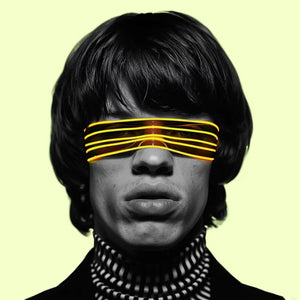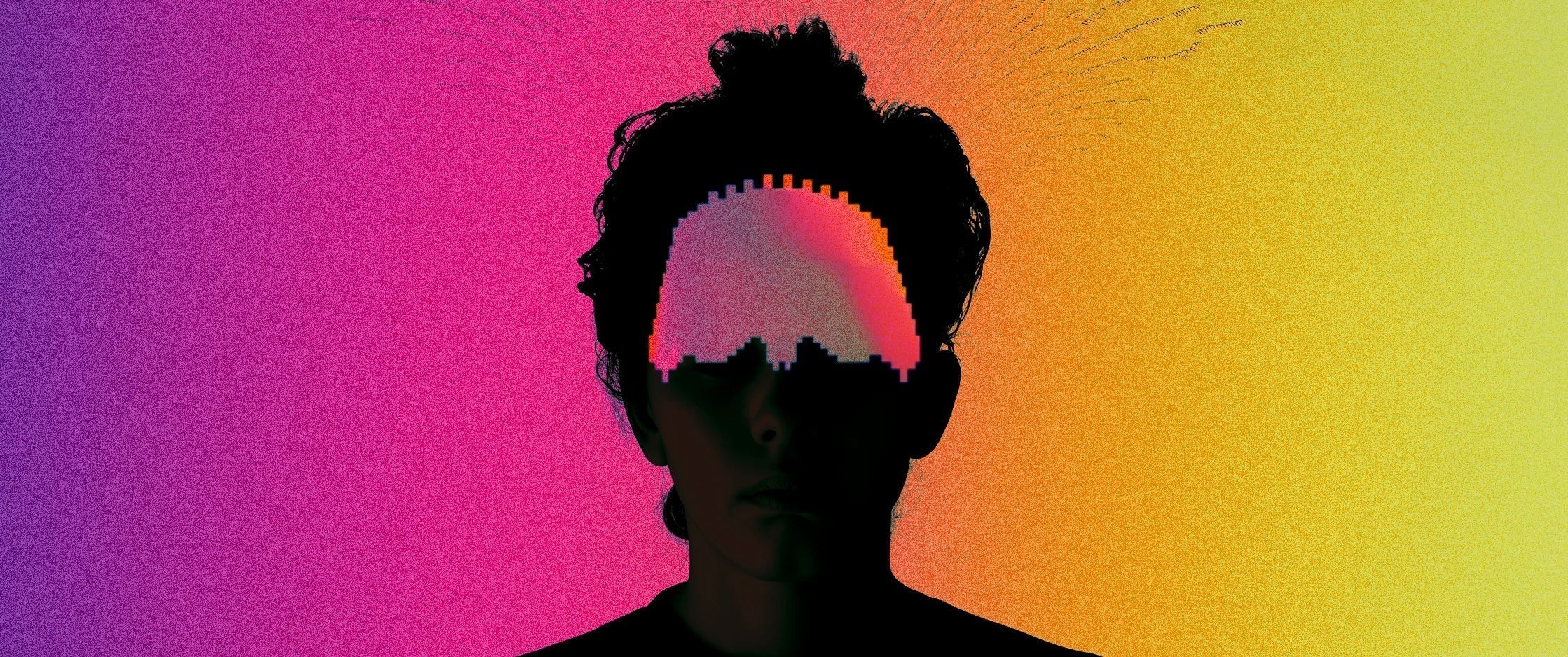So, you’ve got a passion for music and a desire to turn it into a career as a DJ? Great! But before you hit the decks, it’s important to understand what it takes to stand out in today’s competitive scene. DJing is an exciting blend of art, technology, and self-promotion. Whether you’re dreaming of playing at massive festivals, curating the vibe at local clubs, or even live-streaming your sets online, the path to success involves much more than just knowing how to press play.
This guide will walk you through everything you need to know about how to become a DJ, from understanding the types of DJs to mastering equipment and growing your audience. Let’s get started!
The Ultimate Guide to Becoming a Successful DJ
The journey to becoming a successful DJ is all about finding your niche, honing your skills, and building your brand. Let’s explore the options to help you learn how to become a DJ who stands out in today’s competitive music scene.
Understanding the Different Types of DJs: Which One Are You?
Before diving into the technical aspects, determining what type of DJ aligns with your goals and interests is crucial. Here are the main types of DJs, each offering unique experiences and career paths:
Club DJs
Club DJs are the heartbeat of nightclubs, festivals, and underground parties. Their role is to keep the crowd dancing by seamlessly blending tracks and building up energy throughout their set. If you thrive in high-energy environments and love exploring different electronic genres, becoming a club DJ might be for you. Success in this field often comes from mastering live mixing and reading the crowd’s vibe in real time.
Mobile DJs
Mobile DJs are the go-to for events like weddings, corporate parties, and private functions. They play a wide variety of music to suit different audiences, often creating a more personalized experience. Mobile DJing could be a great fit if you enjoy working with diverse crowds and playing everything from pop hits to classics. The flexibility and variety make it an appealing choice for DJs who like mixing up genres and settings.
Radio DJs
Radio DJs curate playlists, mix live sets, and engage with listeners on air, either through traditional radio stations or digital platforms. This path requires a blend of music knowledge, technical skills, and on-air personality. Suppose you are passionate about sharing music discoveries and speaking to an audience. In that case, radio DJing offers a steady way to build your brand, especially with the rise of podcasts and internet radio.
Turntablists
Turntablism is for those who love the technical side of DJing — scratching, beat juggling, and other intricate skills performed live. Turntablists often compete in DJ battles and focus on pushing creative boundaries. If you’re passionate about vinyl and have a deep interest in the technical aspects of DJing, this niche offers a unique way to stand out.
To find your niche, ask yourself:
- What kind of audience do you want to entertain?
Do you want to play for clubgoers, private event guests, or radio listeners? Each audience type will require a different approach and musical style.
- What excites you most about DJing?
Is it the energy of live performances, the creativity of mixing, or the technical skills involved in turntablism?
- What are your long-term goals?
Whether you’re looking to be a DJ full-time or part-time, knowing your end goal can help shape your career path and focus.
By choosing the right type of DJing for your personality and interests, you’ll be able to build a fulfilling and successful career.
Step-by-Step Guide to Starting Your DJ Career
Starting a DJ career is a combination of creativity, strategy, and persistence. To ensure you build a strong foundation, follow these essential steps to help you become a DJ with a lasting impact.
- Create Your DJ Brand
What do I need to be a DJ in terms of standing out? Creating a recognizable brand is the answer. Your DJ brand is the first thing people will notice, and it sets you apart in a competitive industry. Start by picking a name that’s memorable and reflects your style. Design a logo that you can use consistently across social media, promotional materials, and gig flyers. Your brand should align with the type of music you play, the venues you target, and the audience you want to reach.
- Practice and Record Your Sets
Before stepping in front of an audience, training to be a DJ is crucial. Spend time refining your mixing skills, and don’t be afraid to experiment. Record your sets and listen back to identify areas for improvement. This not only helps you grow but also gives you a portfolio to share with potential promoters and venues.
- Seek Out Local Gigs
Start small, but aim high. Local bars, lounges, and open deck nights are great places to begin showcasing your talent. Don’t be afraid to approach venue managers and promoters directly, providing them with a solid portfolio (mixes, social media presence, etc.) that showcases your ability. Building relationships with these key people can help you land consistent gigs. Securing a residency at a local venue is a great way to gain regular exposure and improve your live performance skills.
- Network with DJs, Producers, and Promoters
Networking is one of the most critical steps in the DJ industry. Attend local DJ events, festivals, and club nights, even if you’re not performing — meeting other DJs, producers, and promoters can open doors to opportunities. Joining online communities or forums where DJs exchange advice and tips is another way to expand your network. Collaborations with other DJs or producers allow you to tap into their fanbase, offering exposure to new audiences and helping you gain credibility.
- Start Performing and Promoting Yourself
Once you’re confident in your skills, it’s time to share your talent with the world. Begin by playing at smaller events or hosting live streams online. Platforms like TikTok and Instagram can help you reach new audiences. For instance, promoting your DJ sets on music streaming platforms through services like Spotify Promotion can give you the visibility you need to kickstart your career.
By following these steps, you’ll not only build a strong foundation for your DJ career but also establish the strategies you need to grow your audience and stay relevant. Staying consistent, engaged, and adaptable will help you carve out your place in the music world while building lasting relationships within the industry.
How to Safely Grow Your Followers Without Risking Your Profile
As a DJ, building a strong following is essential for expanding your career, but it’s important to approach growth in a way that doesn’t compromise your profile. Quick-fix solutions tempt many DJs, but sustainable growth comes from a well-balanced approach that prioritizes both safety and authenticity. Let’s explore how to grow your followers safely while focusing on long-term success.
The first step in understanding how to be a DJ with a growing fanbase is to establish a strong foundation of real engagement. Authentic growth takes time, but the followers you gain will be far more valuable and engaged than any shortcuts. Start by building connections with your existing audience — responding to comments, sharing behind-the-scenes content, and offering exclusive previews of your sets can increase loyalty and interaction.
However, it’s also helpful to strategically increase your visibility. Using safe and reputable services to buy TikTok Followers can give you an initial push, especially when starting out on platforms like TikTok. This method ensures that your profile reaches a larger audience while maintaining compliance with platform rules, allowing you to grow naturally alongside this boost.
Another important factor in safely expanding your follower base is diversifying your presence across platforms. Aside from social media, music streaming platforms like Spotify offer significant opportunities for DJs. Regularly uploading your sets or playlists can attract listeners who might not have found you through traditional social media channels. For an added advantage, try to buy Spotify Followers — it helps increase your visibility and establish your credibility on the platform.
Ultimately, the safest way to grow your followers is to focus on long-term, sustainable strategies. Authentic engagement, combined with smart tools, allows you to expand your fanbase without risking your reputation or profile.




















































